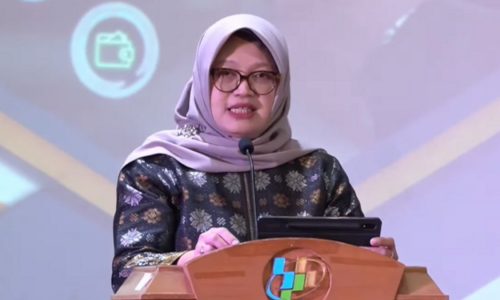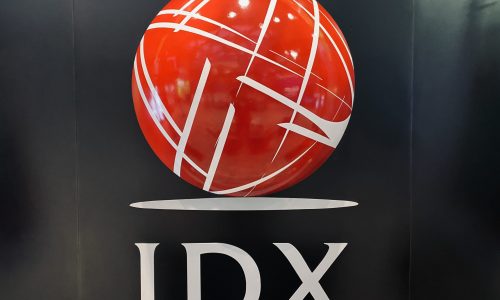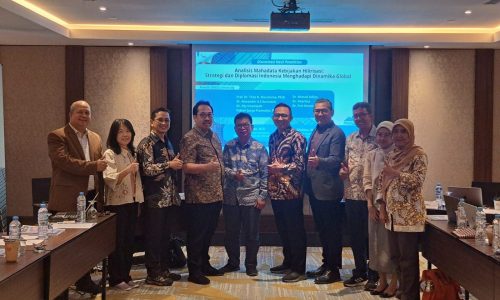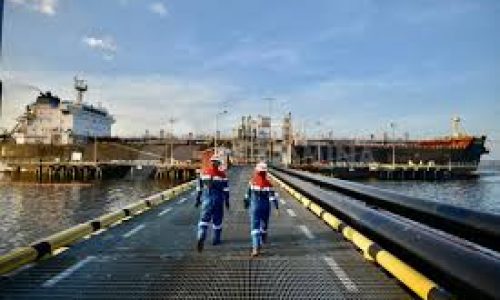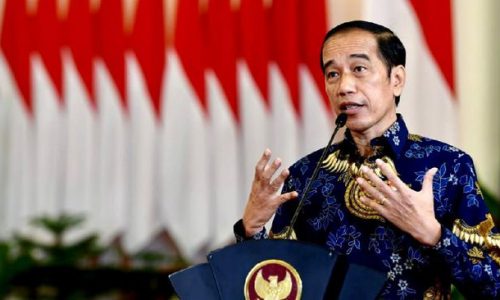The Indonesia Corruption Watch (ICW) reveals that the substantial costs borne by political parties and individuals have been fueling a cyclical pattern of corruption in both the general elections (Pemilu) and the regional elections (Pilkada).
Seira Tamara, a member of ICW’s Political Corruption Division, emphasized that every political entity invests significant amounts at the beginning of the candidacy. Consequently, upon assuming office, elected officials strategize on how to recoup their political investments.
High cost
A research conducted by the Ministry of Home Affairs indicates that running for regional office requires preparation costs ranging from Rp 25 billion (US$1.6 million) to Rp 30 billion (US$1.9 million) per candidacy. Moreover, findings from the Corruption Eradication Commission (KPK) suggest even higher figures.
According to the KPK’s findings, the expense of seeking a regional office can reach up to Rp150 billion. Regarding legislative elections, various studies estimate the necessary expenditure to be around Rp5 billion.
Candidates must establish volunteer teams and rally support across diverse regions. This endeavor incurs considerable operational costs to mobilize large groups effectively.
Additionally, the procurement of campaign materials such as banners, brochures, and various promotional items like T-shirts and vests necessitates significant financial allocations to appeal to voters.
Organizing campaign events, ranging from small-scale gatherings to large-scale rallies, also involves substantial expenses. Entertainment and attractive giveaways further inflate costs. Moreover, political advertising expenses on mainstream media and various social media platforms add to the financial burden.
The high cost of politics is often linked with the practice of “buying” votes. With intense competition for votes, this practice has become commonplace, facilitated by the low political awareness and tolerance towards political bribery among the populace.
Corruption cycle
The exorbitant political expenses heighten the likelihood of corrupt behavior post-election. This perpetuates a cycle aimed at meeting the financial demands of each electoral period.
Although the General Election Commission regulations stipulate that campaign expenses may be sourced from various parties outside of political entities and individuals, the reality often sees candidates primarily responsible for funding their campaigns.
This scenario presents formidable challenges and is often associated with the potential for corruption to accumulate funds required for candidacy.
KPK records indicate that in corruption cases, the highest number of suspects with a legislative background, including members of the House of Representatives (DPR) and regional councils, was 21 in 2020. Additionally, in that year, 10 second-tier regional leaders (regents and mayors) also faced corruption charges.
In 2021, the number of corruption suspects from the legislative branch increased to 30 individuals. Furthermore, during this period, the KPK arrested a governor. The number of corruption suspects at the regency/municipality level also increased to 19.
These statistics underscore the numerous challenges stemming from the high-cost nature of elections. Elected officials often find themselves susceptible to the temptation to recoup the political expenses incurred during the candidacy period. This issue perpetuates a cyclic pattern.
Ultimately, breaking the cycle of high-cost electoral contests and the resulting corruption requires a concerted effort to foster integrity among candidates, the public, and electoral organizers.



